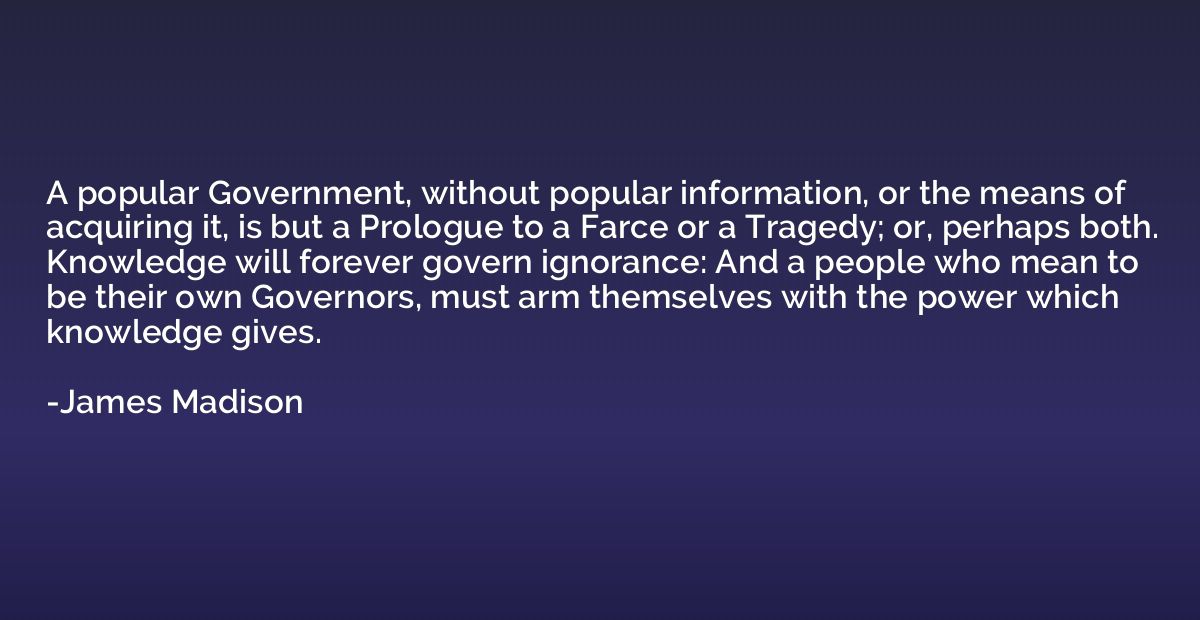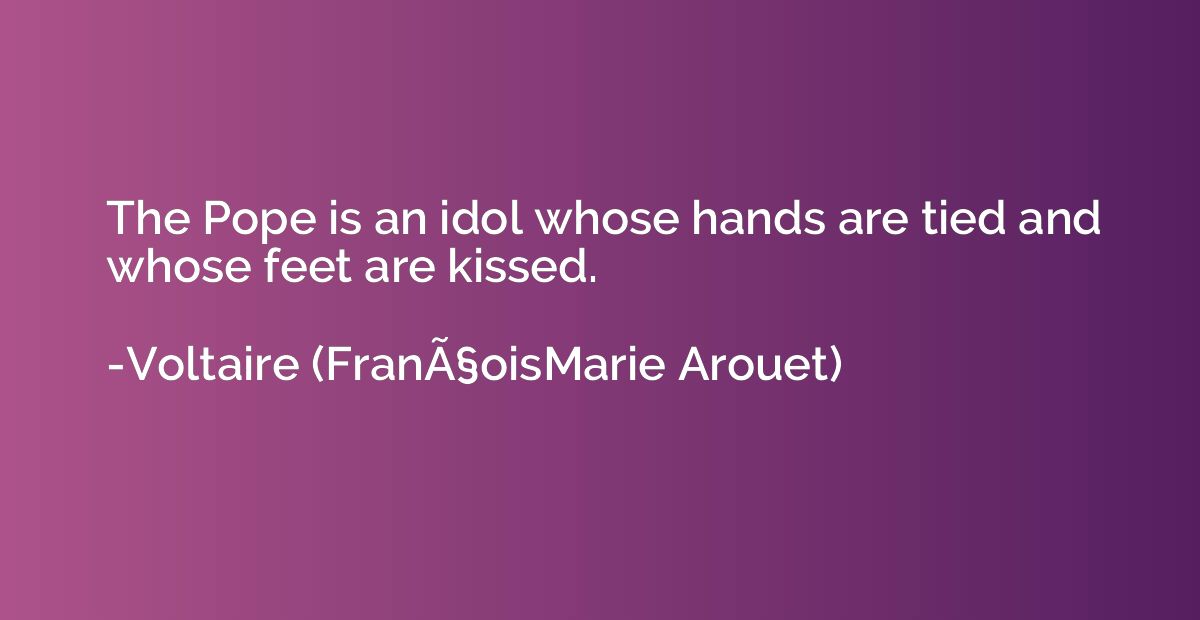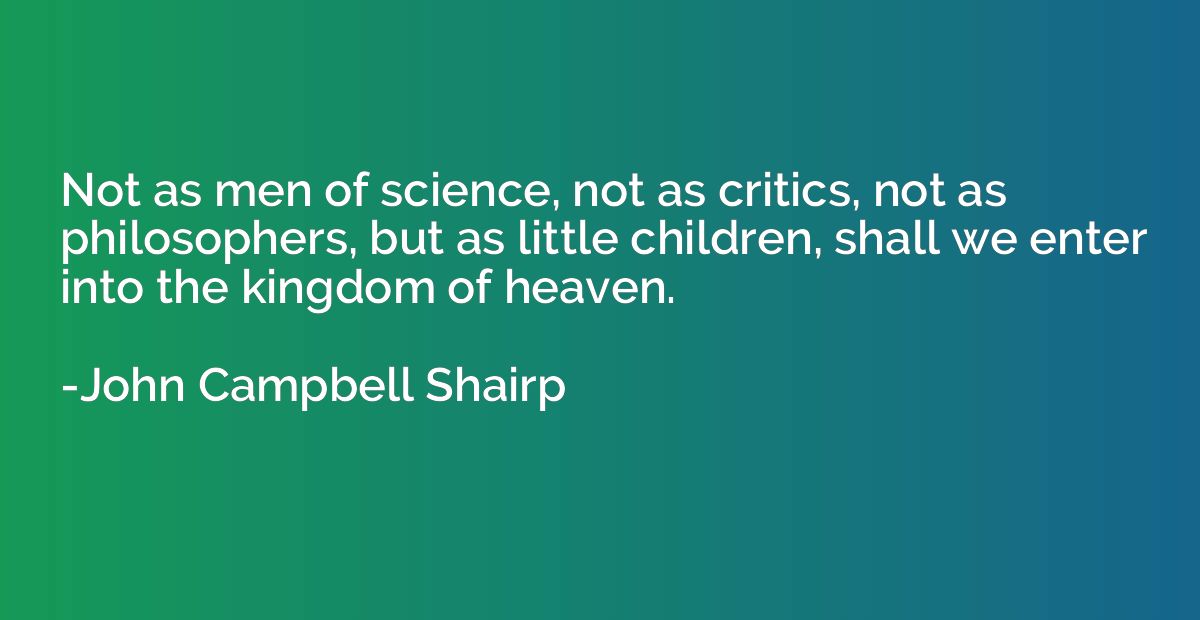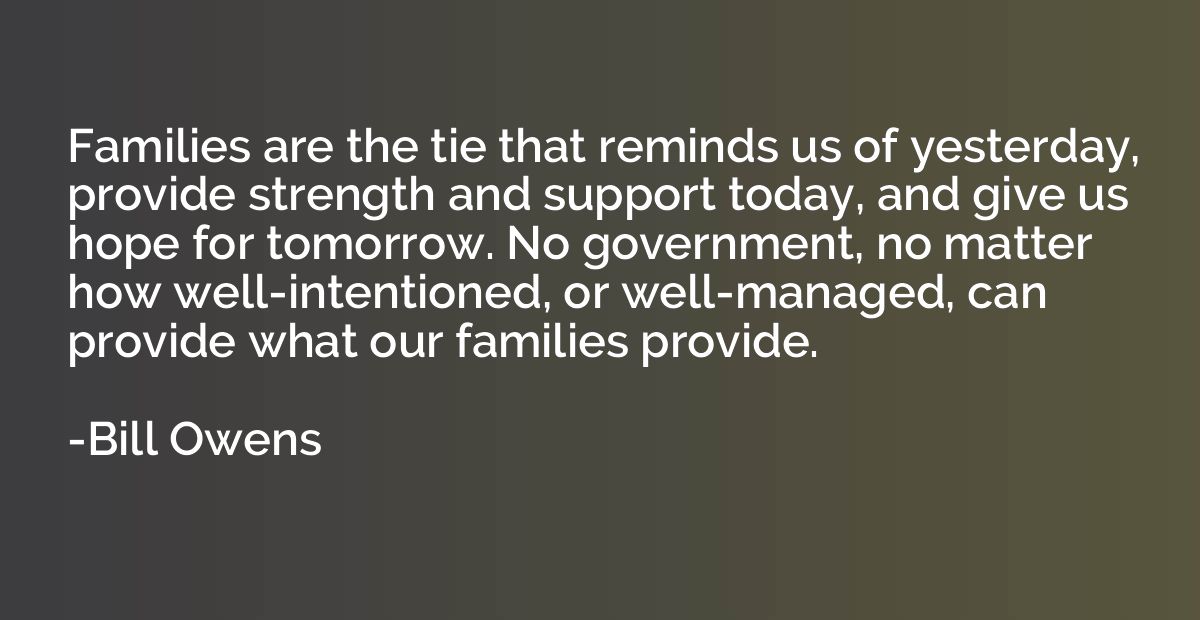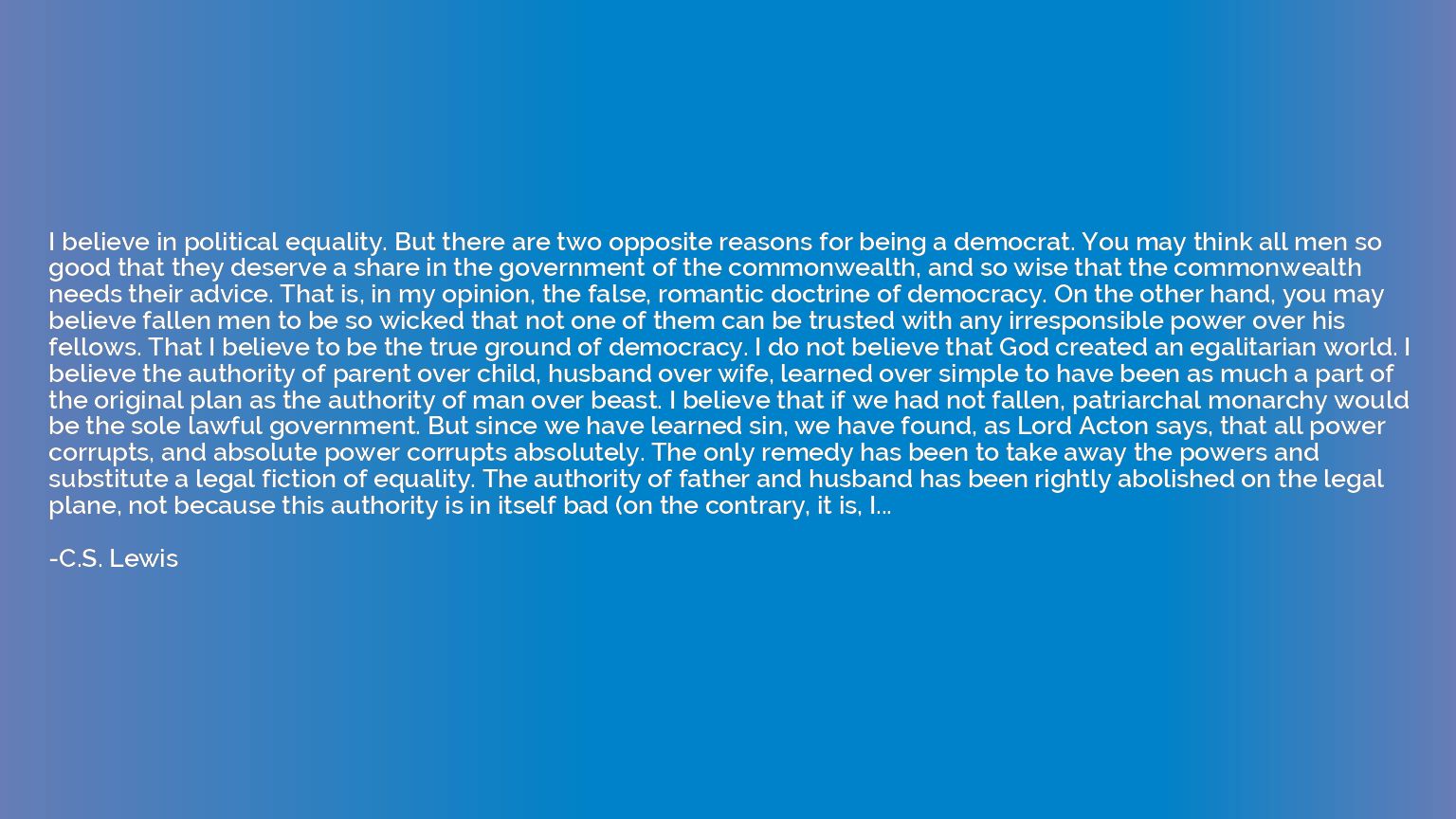Quote by Joseph J. Ellis
And the only thing to do with a sin is to confess, do penance and then, after some kind of decent interval, ask for forgiveness.

Summary
This quote emphasizes the process of redemption and remorse for committing a sin. It suggests that the appropriate response to one's wrongdoing is to recognize and admit the action through confession. Taking responsibility, a person then undergoes penance or makes amends for their transgression. Once a suitable amount of time has passed, the quote suggests seeking forgiveness as a necessary step towards healing and reconciliation. Overall, it highlights the importance of acknowledging and learning from one's mistakes in order to foster personal growth and seek forgiveness from others.



